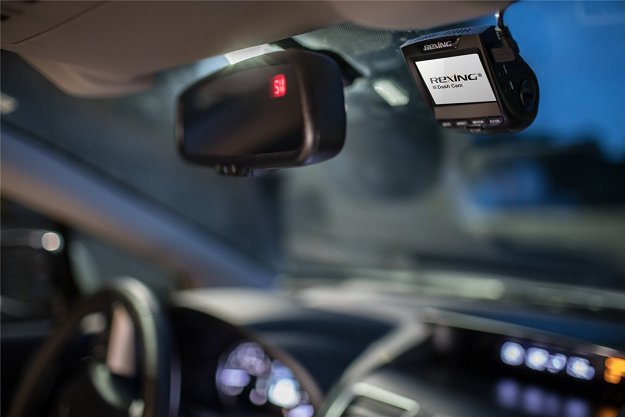
Automobile maker Ford has announced a new partnership with Google that will see the company utilizing Google’s Prediction API to analyze car owners’ driving habits and optimize vehicle performance for optimal fuel economy. The idea is that cars would have enough information to change their performance to offer drivers both solid performance and optimum fuel efficiency, based on both historical driving data, drivers’ preferred routes, and real-time information including traffic, weather, and time of day.
“The Google Prediction API allows us to utilize information that an individual driver creates over time and make that information actionable,” said Ford Research and Innovations’ Ryan McGee, in a statement. “Between Google Prediction and our own research, we are discovering ways to make information work for the driver and help deliver optimal vehicle performance.”
As presented at Google’s I/O conference this week, Ford outlined how it anticipates the technology could work. Once activated, the system would record key information about how an individual driver is using a vehicle, including destinations, speeds, routes, and times. When the vehicle starts, the system would develop a prediction about where the user is most likely to be going—and an on-board computer might ask the user “Are you going to work?” If the answer is “Yes,” the system would generate an “optimized powertrain control strategy” for the trip based on historical data, route requirements, and real-time information. For instance, a route might include an area that’s limited to electric-only driving, so a hybrid vehicle could intelligently switch to electric-only mode—and the vehicle would be smart enough to realize it needs to charge up its electrical system so the driver has enough juice stored up once it hits that EV-only zone. Other possibilities could include optimizing vehicle performance to meet emissions requirements, say in large metropolitan areas like London or Paris.
Ford notes that the computational requirements of the system mean that it can’t be self-contained in the vehicle; instead, Ford will be relying on cloud-based services to handle the predictions and route planning.
Drivers would have to opt-in to the system, data profiles would be encrypted, and Ford emphasizes that the security of users’ personal information is of utmost importance.
“We realize that the nature of this research includes the use of personal data and location awareness, something we are committed to protecting for our customers in everything we do,” said Ford systems architect Johannes Kristinsson.
The security of navigation system data is already a serious privacy issue for many users; adding historical routing data and associating that with a Google account—and things like email, chats, contacts, calendars, documents, and a myriad of other services—could create a significant privacy risk. But don’t worry: if Google isn’t tracking people using vehicle data, it’s probably got a bead on the smartphones in their pockets.



